The Vatican's Finances: An Unresolved Crisis Under Pope Francis
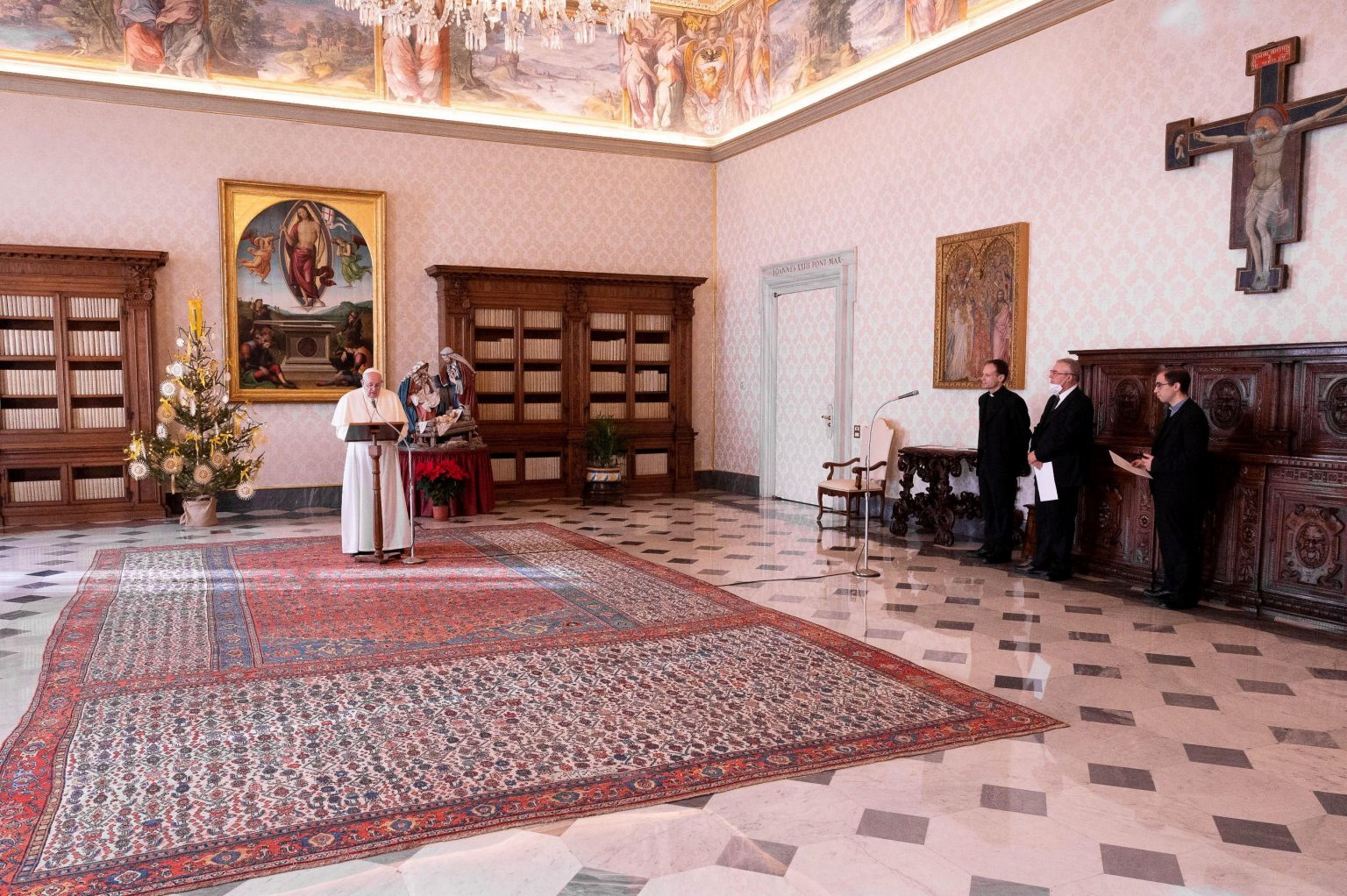
Table of Contents
Opacity and Lack of Transparency in Vatican Financial Practices
The Vatican's financial system has long been criticized for its opacity, lack of modern accounting practices, and a history of secretive transactions. This lack of transparency has fueled mistrust and hindered effective oversight, impacting both the internal workings of the Church and public perception.
Historical Issues
- Limited external audits: For decades, the Vatican lacked comprehensive independent audits, making it difficult to assess the accuracy and reliability of its financial statements.
- Complex financial structures: The intricate web of interconnected entities and accounts within the Vatican has historically made it challenging to track the flow of funds and identify potential irregularities.
- Insufficient documentation: Poor record-keeping and a lack of standardized documentation have further hampered efforts to understand the Vatican's financial activities.
- Lack of publicly available financial statements: The limited public disclosure of financial information has fostered an environment of secrecy, preventing external scrutiny and accountability.
Historically, several scandals involving alleged money laundering and misuse of funds have severely damaged public trust. The lack of transparency surrounding these incidents exacerbated the perception of financial mismanagement within the Vatican.
The Role of the IOR (Institute for the Works of Religion)
The IOR, often referred to as the Vatican Bank, has been at the center of much controversy. While its primary function is managing the financial assets of the Holy See and various Vatican entities, its past practices have drawn intense scrutiny.
- Past involvement in money laundering allegations: The IOR has faced numerous allegations of involvement in money laundering schemes, prompting international investigations and reforms.
- Challenges in modernizing its operations: Transitioning from outdated practices to modern, transparent financial management has proven challenging for the IOR.
- Ongoing efforts to improve transparency and compliance: Under Pope Francis, significant steps have been taken to improve the IOR's transparency and compliance with international financial regulations. However, full transparency remains a work in progress.
The IOR’s reform is central to the overall improvement of Vatican finances. Its improved oversight and regulatory compliance will impact the overall financial health and reputation of the Vatican.
Pope Francis's Reform Efforts and Their Limitations
Pope Francis has made significant efforts to reform Vatican finances, aiming to bring greater transparency and accountability to the Holy See's financial operations.
Establishment of the Secretariat for the Economy
The creation of the Secretariat for the Economy in 2014 was a crucial step in these reforms. This body was tasked with overseeing the Vatican's financial affairs and implementing modern management practices.
- Challenges faced by the Secretariat: The Secretariat has encountered resistance from within the Vatican bureaucracy, hindering the implementation of reforms.
- Resistance to reform within the Vatican bureaucracy: Entrenched interests and resistance to change within the Vatican's complex structure have hampered progress.
- Complexities of implementing modern financial practices within a centuries-old institution: Adapting a centuries-old institution to modern financial standards presents considerable challenges.
Specific reforms implemented include the adoption of new accounting standards, improved internal controls, and enhanced auditing procedures. However, the impact of these reforms has been limited by various obstacles.
Ongoing Challenges to Reform
Despite the efforts of Pope Francis and the Secretariat for the Economy, significant hurdles remain in achieving full financial transparency and accountability.
- Resistance from entrenched interests: Powerful factions within the Vatican have resisted changes that threaten their influence or traditional ways of operating.
- Lack of sufficient expertise in modern financial management: The Vatican has historically lacked the necessary expertise in modern financial management techniques.
- The inherent difficulty of reforming a complex and opaque system: The sheer complexity of the Vatican's financial system makes comprehensive reform a lengthy and difficult process.
The slow pace of reform highlights the deeply ingrained challenges in transforming a centuries-old institution with a complex and opaque financial system.
The Impact of Vatican Finances on the Catholic Church
The ongoing financial challenges within the Vatican have far-reaching consequences for the Catholic Church globally.
Loss of Public Trust
Financial scandals and a lack of transparency have significantly eroded public trust in the Catholic Church.
- Impact on donations: Concerns about financial mismanagement have led to decreased donations from Catholics worldwide.
- Decreased public confidence in Church leadership: The financial crises have undermined the credibility and authority of Church leaders.
- Implications for charitable work: Reduced funding impacts the Church's ability to support charitable initiatives and missionary work.
The loss of public trust directly translates to a decline in financial resources available for the Church's charitable and missionary work.
Consequences for Global Operations
The Vatican's financial instability directly affects its capacity to support its global operations and charitable initiatives.
- Limited resources for missionary work: Financial constraints limit the Church's ability to support missionaries and evangelization efforts worldwide.
- Challenges in supporting dioceses in developing countries: Developing countries often rely heavily on financial support from the Vatican, and financial instability impacts this support.
- The overall impact on the Church's global reach: Financial difficulties constrain the Church's ability to effectively carry out its global mission.
Effective financial management is crucial for the Catholic Church to fulfil its global mission and charitable obligations.
Conclusion
The Vatican's financial situation remains a significant concern, despite Pope Francis's commitment to reform. Opacity, resistance to change, and a complex historical legacy continue to pose challenges. While progress has been made, the journey toward transparency and accountability is far from over. Understanding the intricacies of Vatican finances is critical for both Catholics and those interested in the workings of this influential institution. Continued scrutiny and pressure for further reforms are essential to ensure the responsible management of the Church's resources and the restoration of public trust. Further research into the complexities of Vatican finances is encouraged to promote accountability and transparency.

Featured Posts
-
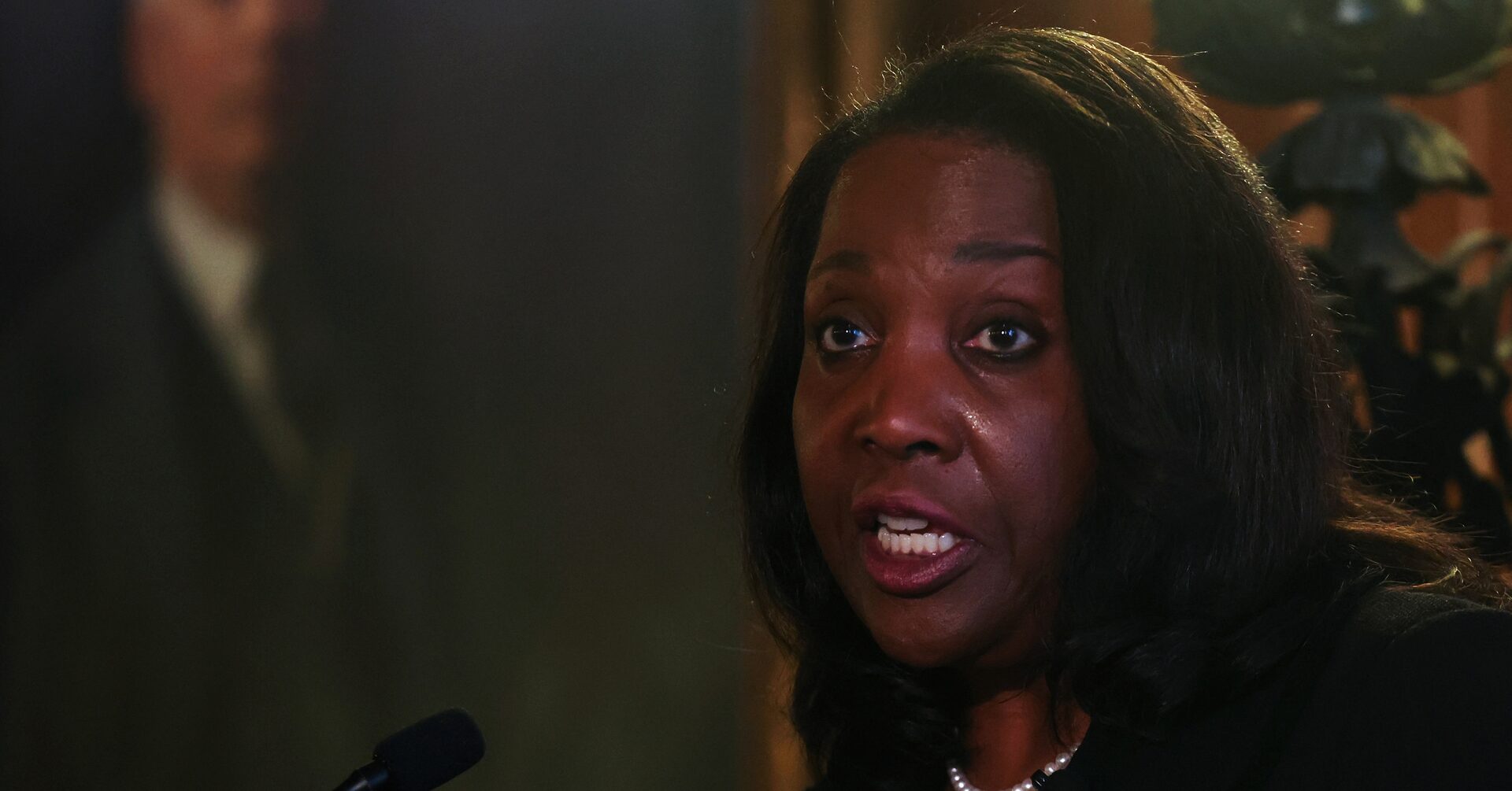 Bank Of Englands Potential Half Point Rate Cut Ahead Of The Curve
May 08, 2025
Bank Of Englands Potential Half Point Rate Cut Ahead Of The Curve
May 08, 2025 -
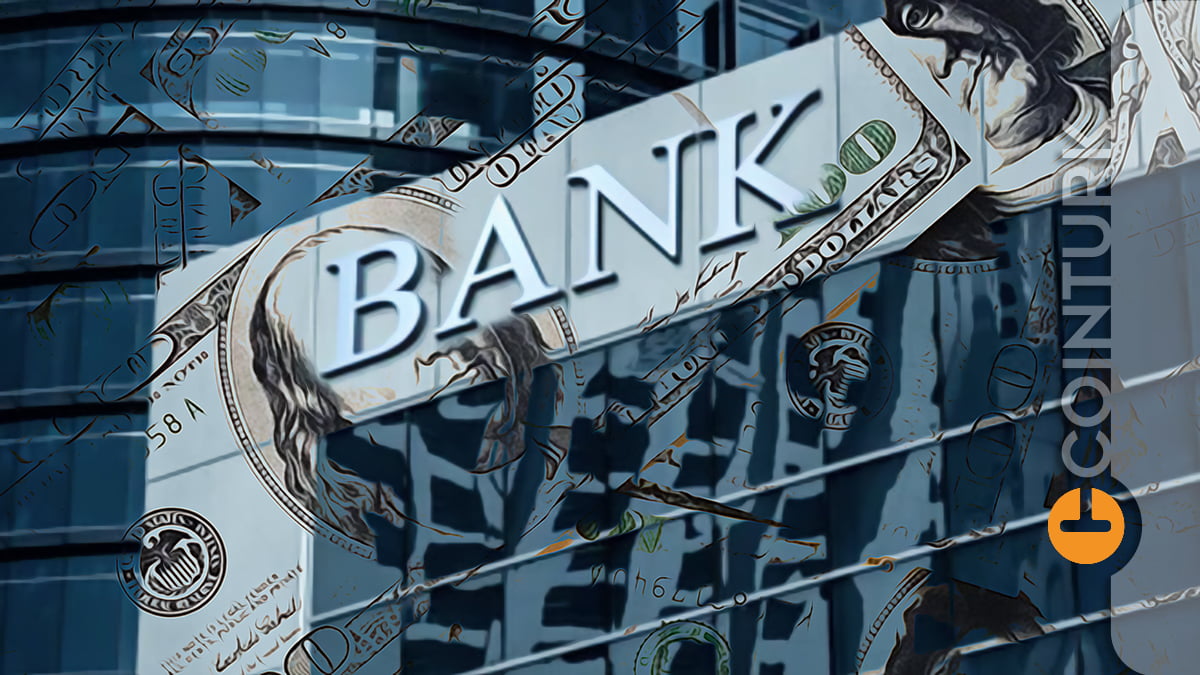 Simsek In Kripto Varliklar Hakkindaki Aciklamalari Son Gelismeler Ve Analiz
May 08, 2025
Simsek In Kripto Varliklar Hakkindaki Aciklamalari Son Gelismeler Ve Analiz
May 08, 2025 -
 Trumps Xrp Endorsement Fuels Institutional Interest
May 08, 2025
Trumps Xrp Endorsement Fuels Institutional Interest
May 08, 2025 -
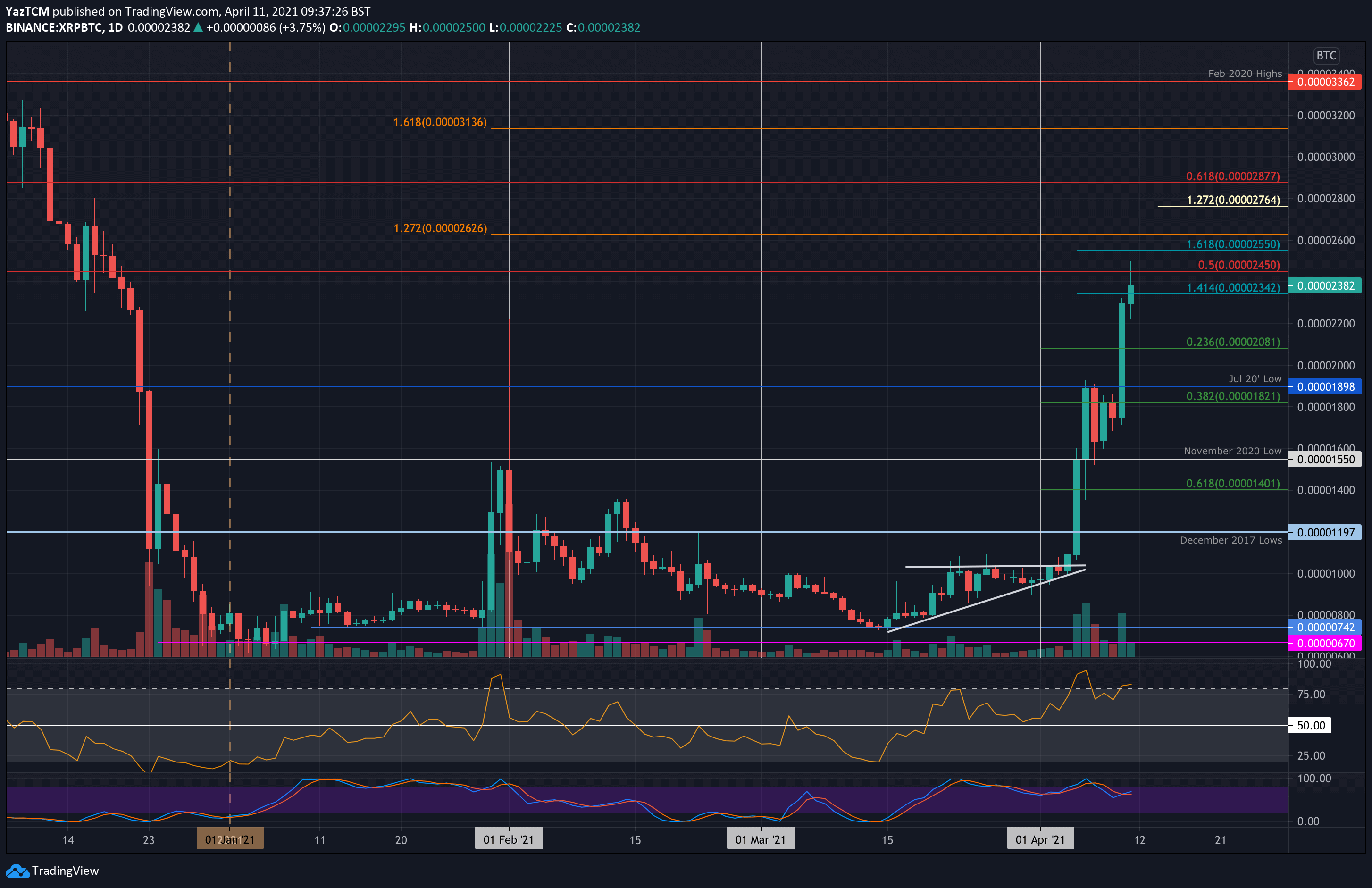 Xrp News Today Analyzing The Potential For A Parabolic Move In Xrp And Remittixs Ico Progress
May 08, 2025
Xrp News Today Analyzing The Potential For A Parabolic Move In Xrp And Remittixs Ico Progress
May 08, 2025 -
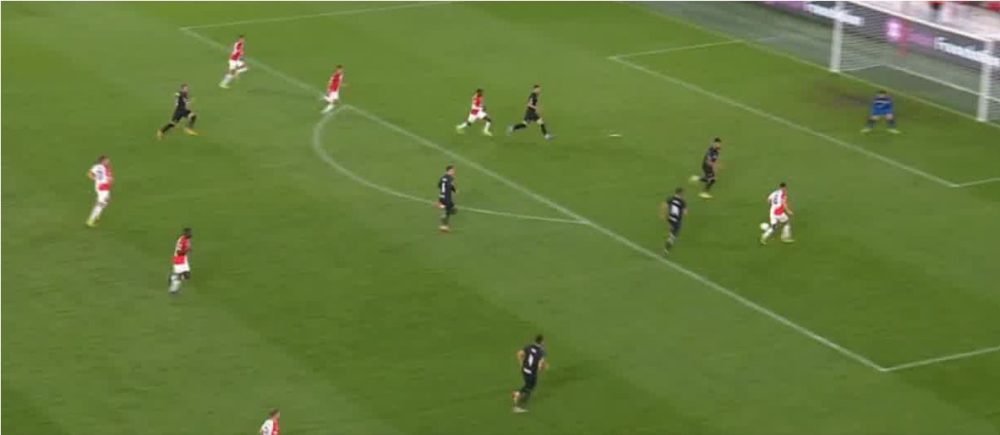 Psg Fitore E Ngushte Pas 45 Minutave
May 08, 2025
Psg Fitore E Ngushte Pas 45 Minutave
May 08, 2025
Latest Posts
-
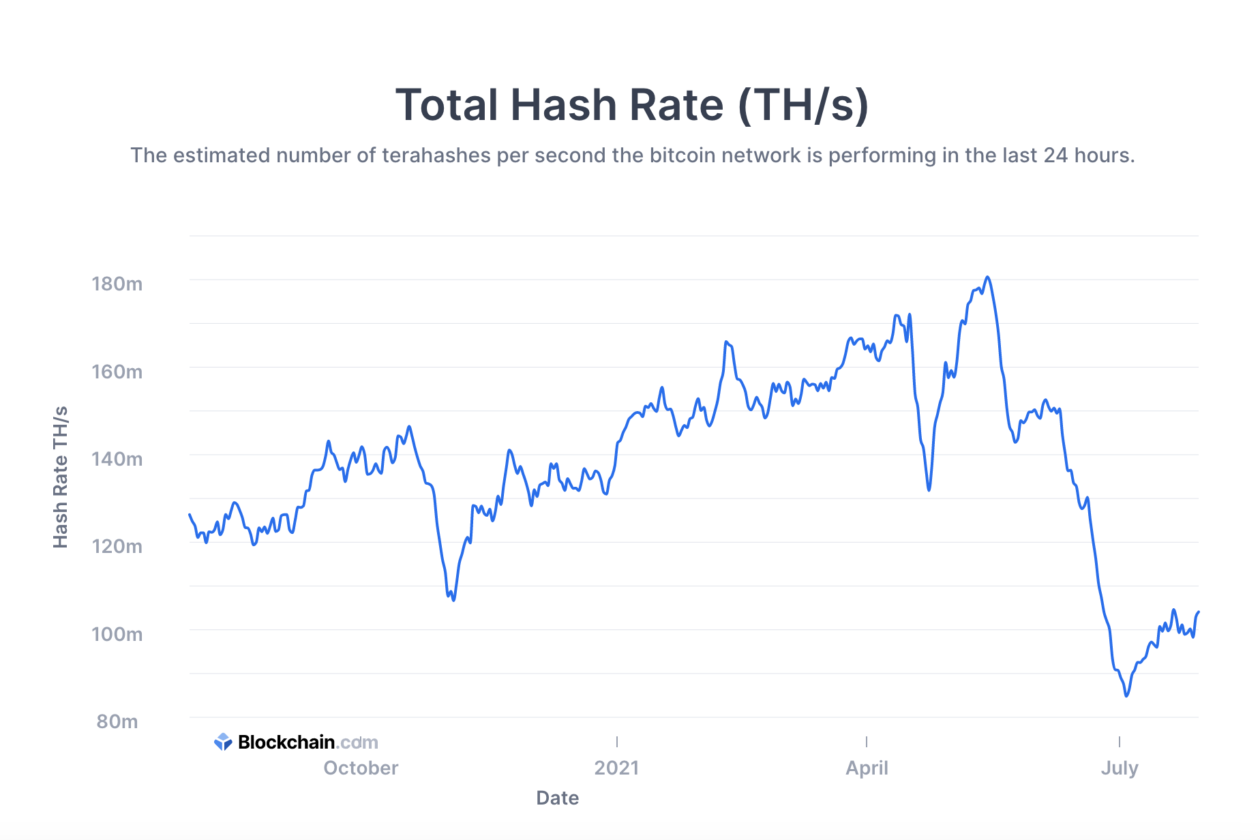 Understanding The Recent Spike In Bitcoin Mining Difficulty And Hashrate
May 08, 2025
Understanding The Recent Spike In Bitcoin Mining Difficulty And Hashrate
May 08, 2025 -
 Analysis The Factors Contributing To This Weeks Bitcoin Mining Boom
May 08, 2025
Analysis The Factors Contributing To This Weeks Bitcoin Mining Boom
May 08, 2025 -
 Why Did Bitcoin Mining Activity Skyrocket This Week
May 08, 2025
Why Did Bitcoin Mining Activity Skyrocket This Week
May 08, 2025 -
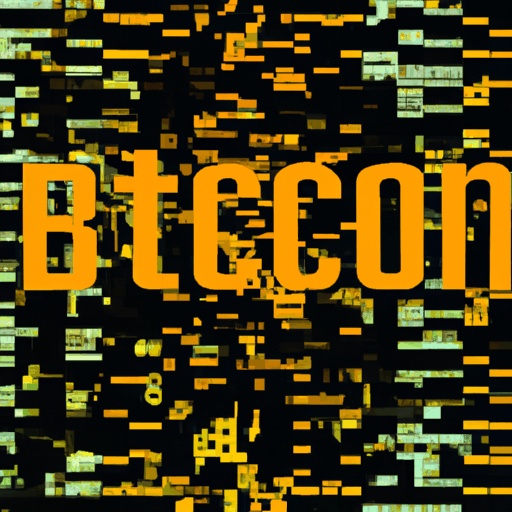 Bitcoin Miner Surge Understanding This Weeks Increase
May 08, 2025
Bitcoin Miner Surge Understanding This Weeks Increase
May 08, 2025 -
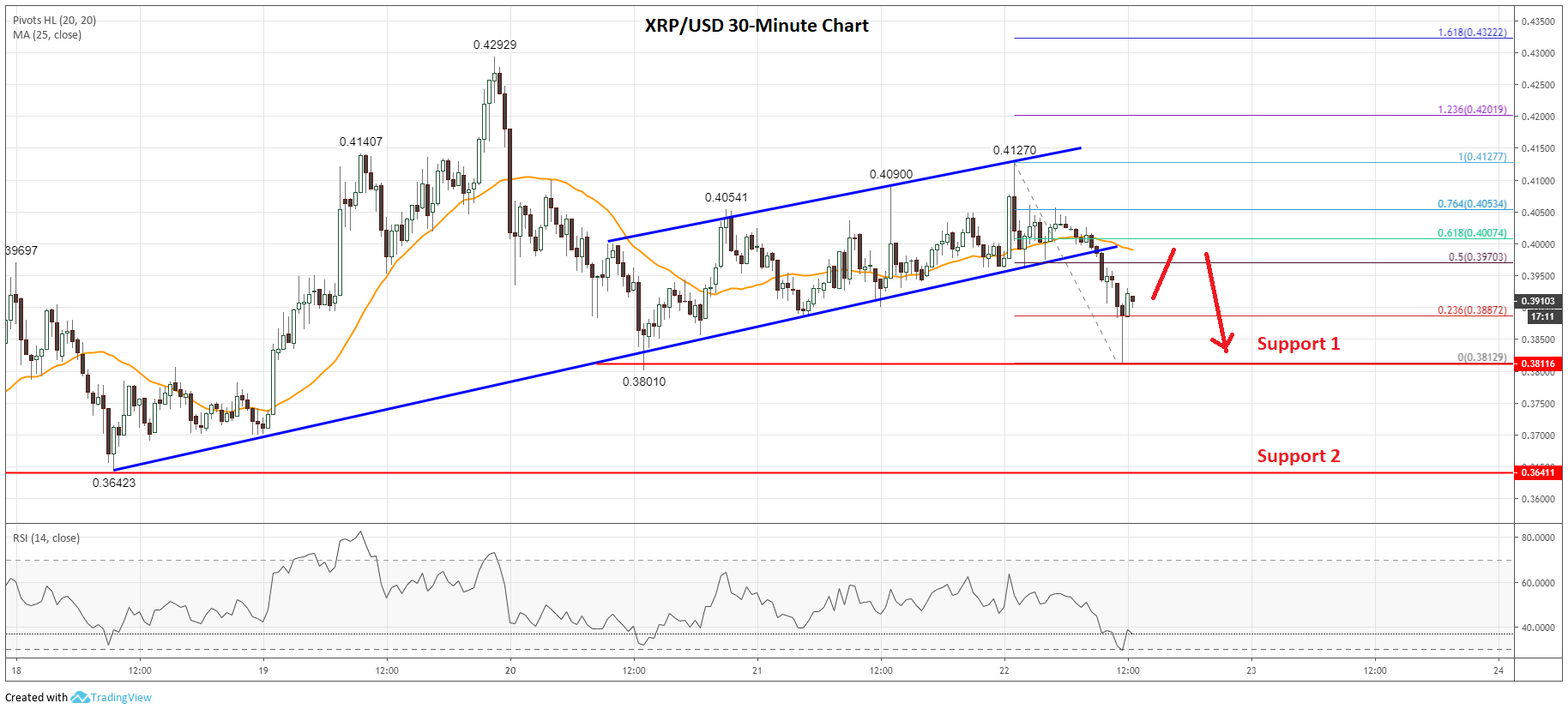 Recent Political Developments And The Xrp Price A Correlation Analysis
May 08, 2025
Recent Political Developments And The Xrp Price A Correlation Analysis
May 08, 2025
